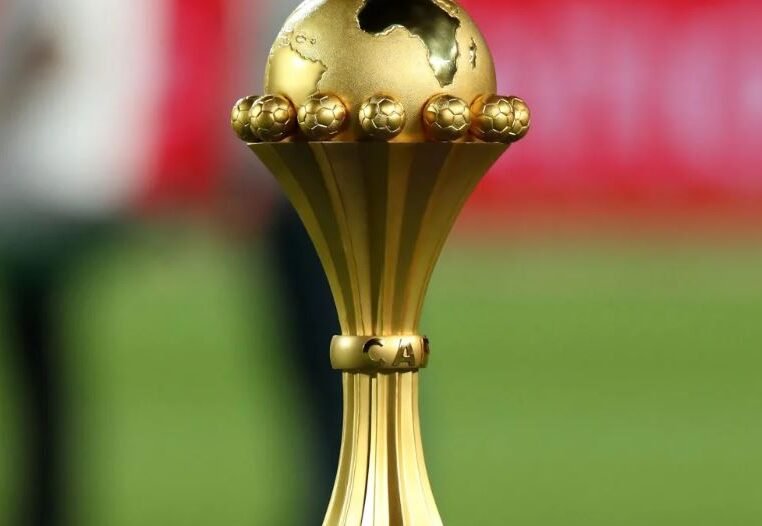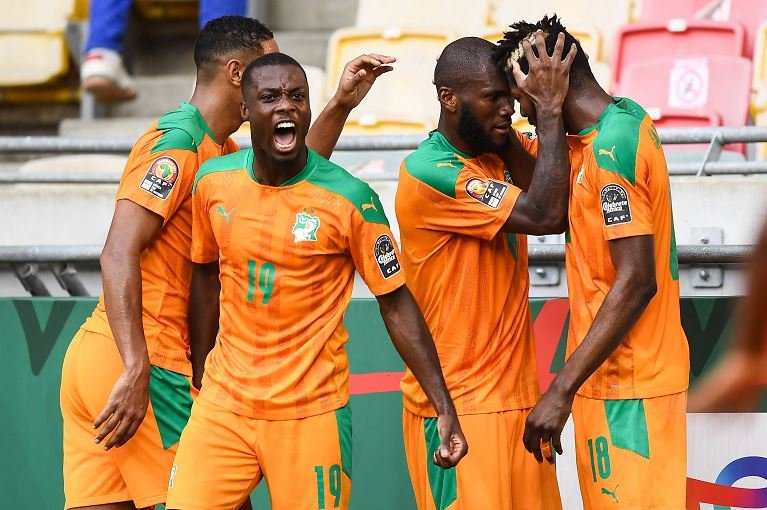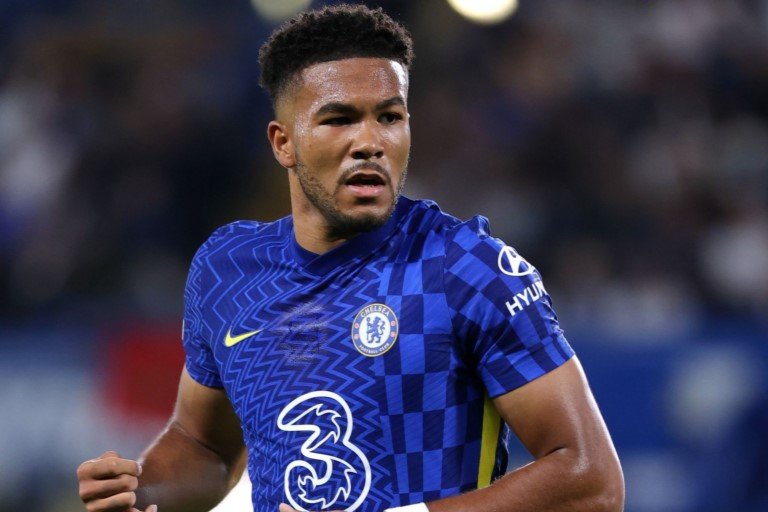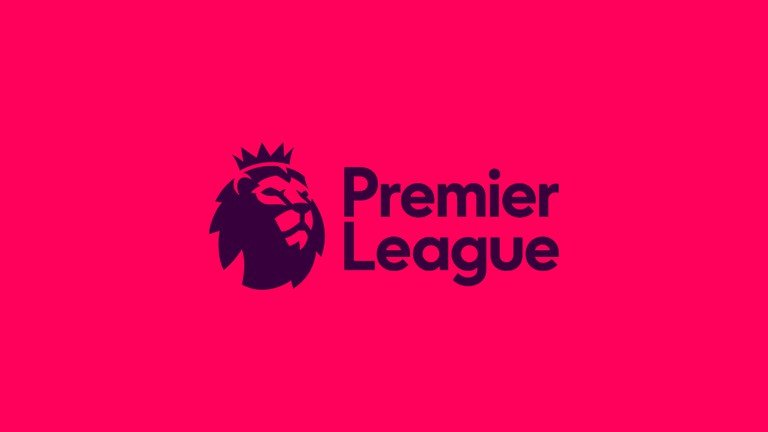Four decades after hosting the continental competition, the Ivory Coast prepares to unleash a thunderous roar as the Africa Cup of Nations kicks off today, Saturday.
The Elephants of Ivory Coast, fueled by home advantage but without their star striker Sebastien Haller, charge into battle against minnows Guinea-Bissau at the newly-built Ebimpe Olympic Stadium.
With two previous titles, the most recent in 2015 under Yaya Toure’s leadership, the Elephants carry a rich history. This time, pressure from expectations on home turf makes the familiar dance more difficult. However, the competition promises fierce clashes, featuring heavyweights like Morocco, Salah’s Egypt, and defending champions Senegal, all hungry for their share of glory in Ivory Coast.
“The pressure is constant, but we embrace it,” declared Jean-Louis Gasset, the 70-year-old French Ivory Coast coach, radiating quiet confidence. “My task is to channel it into fuel, empowering the players with strength and unwavering belief.”
Midfield dynamo Franck Kessie echoed the sentiment, acknowledging the weight of expectation: “We know what’s at stake, what our people dream of.”
Despite lacking a Drogba-esque figure, the Elephants pin their hopes on the talents of Franck Kessie and a potential return from Haller, who is currently nursing an ankle injury, for the Guinea-Bissau clash. The “Djurtus,” on the other hand, seek their first-ever AFCON win after three fruitless attempts.
This edition, initially planned for last summer, marks a return to the traditional January-February slot after concerns about clashing with European seasons. From its humble eight-team origins in 1984, hosted by Ivory Coast and won by Roger Milla’s Cameroon, the tournament has expanded to 24 participants, showcasing the continent’s growing football prowess.

Ensuring a smooth event, free from the tragic shadows of the Cameroon AFCON, is paramount. The stampede at the Olembe Stadium that claimed eight lives remains a stark reminder. The Ivorian government, however, has spared no effort, investing $1.5 billion in infrastructure upgrades and deploying a 17,000-strong security force.
CAF president Patrice Motsepe, echoing the collective hope, affirmed: “We have taken every measure to prevent any repeat of the Cameroon tragedy. Let this AFCON be remembered for its brilliance, not its darkness.”
Five Ivorian cities, including the vibrant capital Yamoussoukro, bustling Bouake, serene coastal haven San Pedro, and historic Korhogo, will join bustling Abidjan in hosting the festivities. Matches will unfold at the majestic Felix Houphouet Boigny Stadium and the new Ebimpe, a monument to national pride named after President Alassane Ouattara.
Nigeria, drawn alongside the hosts in Group A, begins their journey against Equatorial Guinea on Sunday. Victor Osimhen, the recently crowned African Footballer of the Year, carries their hopes after a spate of pre-tournament injuries.
Later on Sunday, Salah’s Egypt, chasing a record eighth title, kicked off against Mozambique, another team in search of their maiden AFCON victory. While Ghana and Cape Verde also take the field, all eyes will be on the Elephants as they roar back onto the stage, aiming to reclaim their continental throne and paint their nation in the vibrant hues of victory.










